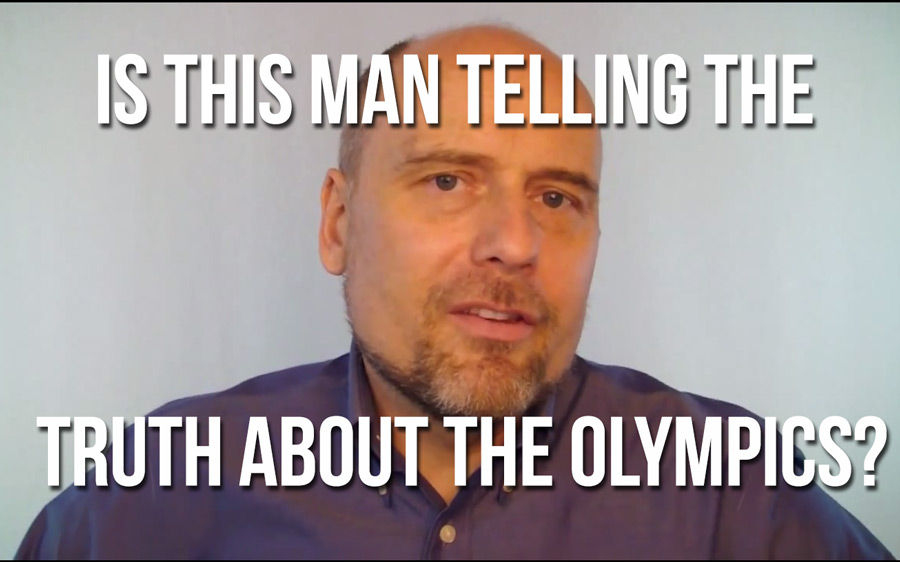When I first launched Epiphany Marketing back in 1998, it was a side venture and a vehicle for handling smaller projects that didn’t require a full-time effort. In 2001, however, I decided it was time to make it a full-time effort and start taking on bigger projects.
One of our major clients in those early days was a software dealer that focused on providing electronic medical records software (and the related hardware like computers, scanners, tablet PCs and so on) to physicians’ practices. The company wanted to expand into Florida and we worked with them to develop and implement what turned out to be a highly successful marketing strategy.
Along the way, I became very acquainted with the ins & outs of the modern-day medical practice. Many physicians were already accustomed to using “practice management software” that handled important tasks like scheduling patient appointments and billing insurance companies, medicare & the patients themselves for services rendered.
Electronic Medical Records Software
However, at that time, it was still a relatively novel idea for a smaller, privately-owned medical practice to be using a system for handling electronic patient records (or electronic health records — EHR — as they have come to be known). Even more novel was the idea that an electronic medical records system (EMR) would be integrated with a “practice management” system so that all the patient data was in one place. At that time, if practices were using an EMR system, it was typically completely separate from the scheduling & billing functions that were traditionally part of a practice management system.
We worked with this software company for an extended client engagement which lasted somewhere in the neighborhood of about 13-14 months. I met a great many medical practice administrators and doctors in various medical specialties from all over the State of Florida during that time period. Some of the doctors that we worked with went on to become friends and even clients of ours in the years that followed.
Since that time, I have remained interested in medical software. In fact, a friend of mine and I started a consulting firm focused on working with physicians to evaluate their own needs and the EMR systems that were being marketed and sold in order to help them make wise decisions and end up achieving long-term ROI (return on investment) from their technology decisions.
But, as time went by, I spent less and less time focused on that world and more time focused on newer clients and growing our primary business. So… I spent some time away from the space.
In the last few months, however, I’ve had good reason to pay a lot more attention. And it’s interesting to me today to see that the EMR systems available now have very little to offer that’s in any way new and improved over the leading systems from 7-9 years ago. In fact, some of the more “cutting edge” systems from years ago were actually further along than where the major players are today. Sadly, many software companies have come and gone — something that seems to be a bit of an epidemic (if you’ll pardon the pun) in the world of medical software.
In fact, the churn in this unique space has created a great deal of reluctance on the part of the typical private medical practice. The doctors who own and/or manage these practices have seen and heard a lot of sales pitches over the years. In some cases, they have invested tens of thousands or even hundreds of thousands of dollars in systems… only to have the software company go out of business or otherwise become unable to provide the much-needed ongoing support that is so critical to a medical practice.
So it’s not surprising when the average physician is reluctant to think about making technology-related changes. To them, it’s about as much fun as a root canal… or exploratory brain surgery (unless, of course, you’re a neurosurgeon… in which case the brain surgery would be fun… as long as it’s being performed on someone else).
Meaningful Use Incentives
Today, however, the government has stepped into the game. Uncle Sam now has a vested interest in making sure that all physicians are tracking patient information (including diagnoses, lab results, prescriptions, etc.) electronically. After all, paper charts have always been incredibly inefficient. And this is all the more true when you have a major role in paying for services being rendered, medications being prescribed, and diagnostics and treatments of all kinds. Aggregating data, keeping track of which physicians are doing what, and which patients are being treated for what illness… these are all reasons to try to force medical practices to use electronic medical records software.
Setting aside the very interesting political and societal ramifications of all this for a moment… what it comes down to today is that government has set up incentives (for now) to reward doctors who can demonstrate “meaningful use” of a qualifying electronic medical records system.
As you might guess, “meaningful use” and “qualifying EMR systems” all have very lengthy (and somewhat bizarre) definitions. But the bottom line is that the first doctors recently got the very first sizable checks from the government to pay out the incentives for using these systems.
On the back side of the incentives is a deadly set of penalties for not adopting a qualifying system within specified time periods. Practices who demonstrate meaningful use early get rewarded. The ones that wait will not only not be rewarded… they’ll actually begin to see cuts in payments for services rendered to Medicare and/or Medicaid patients after a couple of years go by.
What all of this means for the average medical office is this: it’s time to take this seriously. Any medical practices that are using older, outdated systems that don’t meet new government requirements will have to find a new system if their software vendor doesn’t make the necessary enhancements in time. Medical practices that haven’t begun meaningfully using an electronic medical records system at all (you know… the ones still chasing 2-inch thick — or thicker — patient charts around the office) will be forced to purchase and implement a system.
As a patient, you’ve probably begun to see certain physicians taking advantage of technology. Some doctors have welcomed technology quite openly… and you’ll see them carting laptops around the office and typing up visit notes while you wait. Others have dragged their feet and will only begin using technology against their wishes. Some will undoubtedly retire early rather than face that kind of change. Others will be driven out of business by the expense… especially when added to the already high costs of medical malpractice insurance combined with the pressures of reduced reimbursements from insurers and government payers like Medicare and Medicaid (not to mention the high costs of providing health insurance benefits to their own employees).
Regardless, your privacy as a patient is going to be affected. It’s already been greatly reduced in recent years. Pretty soon it’s not going to exist at all thanks to Uncle Sam’s meddling in this game.
On the other hand, the arguments in favor of using EMR systems are substantial. Medical practices that have truly embraced the process and have implemented systems have been able to greatly reduce their operating costs, increase efficiency, increase the speed with which they can access and utilize needed information (very important for you when facing an urgent medical issue of any kind), and even recover from disasters (after all… do you think they had backups of their paper charts?).
The bottom line? We’ll be keeping a close eye on all the issues related to electronic medical records, patient privacy and the economics of practicing medicine in the 21st Century. It’s all about to change…
 Yesterday, my brother sent me a link to this video (posted below). It features some analysis and commentary on the Olympics that you might actually find startling.
Yesterday, my brother sent me a link to this video (posted below). It features some analysis and commentary on the Olympics that you might actually find startling.








 And for all of you eligible to do so, I hope you have, too! If so, you get your nifty new “I Voted” Sticker. The design is brand new for the 2008 U.S. Presidential Election.
And for all of you eligible to do so, I hope you have, too! If so, you get your nifty new “I Voted” Sticker. The design is brand new for the 2008 U.S. Presidential Election.